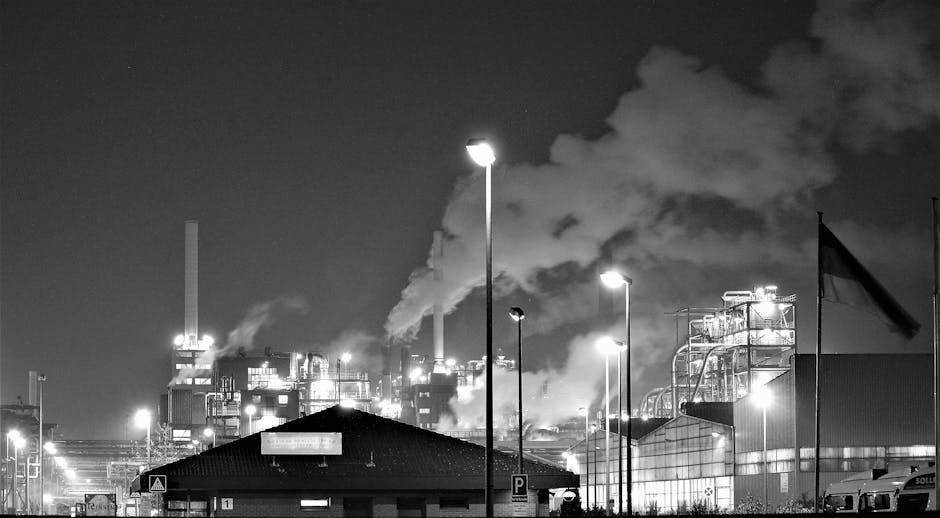In the realm of climate change, the term "global warming" might evoke images of sweltering summers and melting glaciers. However, the effects of our warming planet are far more complex and often unexpected. One such consequence is the increased risk of coastal flooding due to rising sea levels.
As the Earth's temperature rises, so too does the volume of water in our oceans. This is because warmer water expands, and glaciers and ice sheets melt at an accelerated rate. The result? Higher sea levels that threaten coastal communities worldwide.
The consequences of rising sea levels are far-reaching. Coastal erosion, for instance, can damage infrastructure, homes, and beaches. Storm surges, exacerbated by rising water levels, can cause catastrophic flooding and devastation. And saltwater intrusion can contaminate drinking water supplies and harm ecosystems.
But wait, there's more! Global warming also disrupts weather patterns. As ocean temperatures rise, they fuel more intense and frequent storms, including hurricanes and typhoons. These storms can unleash torrential rainfall, leading to inland flooding and exacerbating the risks for coastal communities.
The connection between global warming and coastal flooding may seem a bit counterintuitive at first. After all, we associate warming with heat and drought, not rising seas. However, the complex interplay between our atmosphere, oceans, and weather patterns makes this an undeniable reality.
Addressing global warming is paramount to mitigating the risks of coastal flooding. Reducing greenhouse gas emissions, investing in renewable energy, and implementing coastal adaptation measures are crucial steps we must take to protect our planet and its coastal communities.
In the meantime, we must be prepared for the challenges that global warming brings. Coastal communities should develop early warning systems, evacuation plans, and seawalls or other protective structures. We must also educate ourselves about the risks and take steps to reduce our own vulnerability.
Remember, the fight against global warming is a global effort. By working together, we can reduce emissions, protect our planet, and build a more resilient future for generations to come. So, the next time you hear about global warming, don't just think "heat." Remember the hidden dangers lurking in our rising seas.

